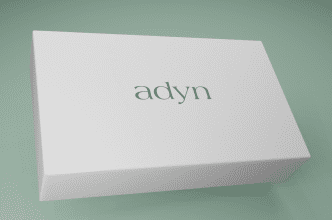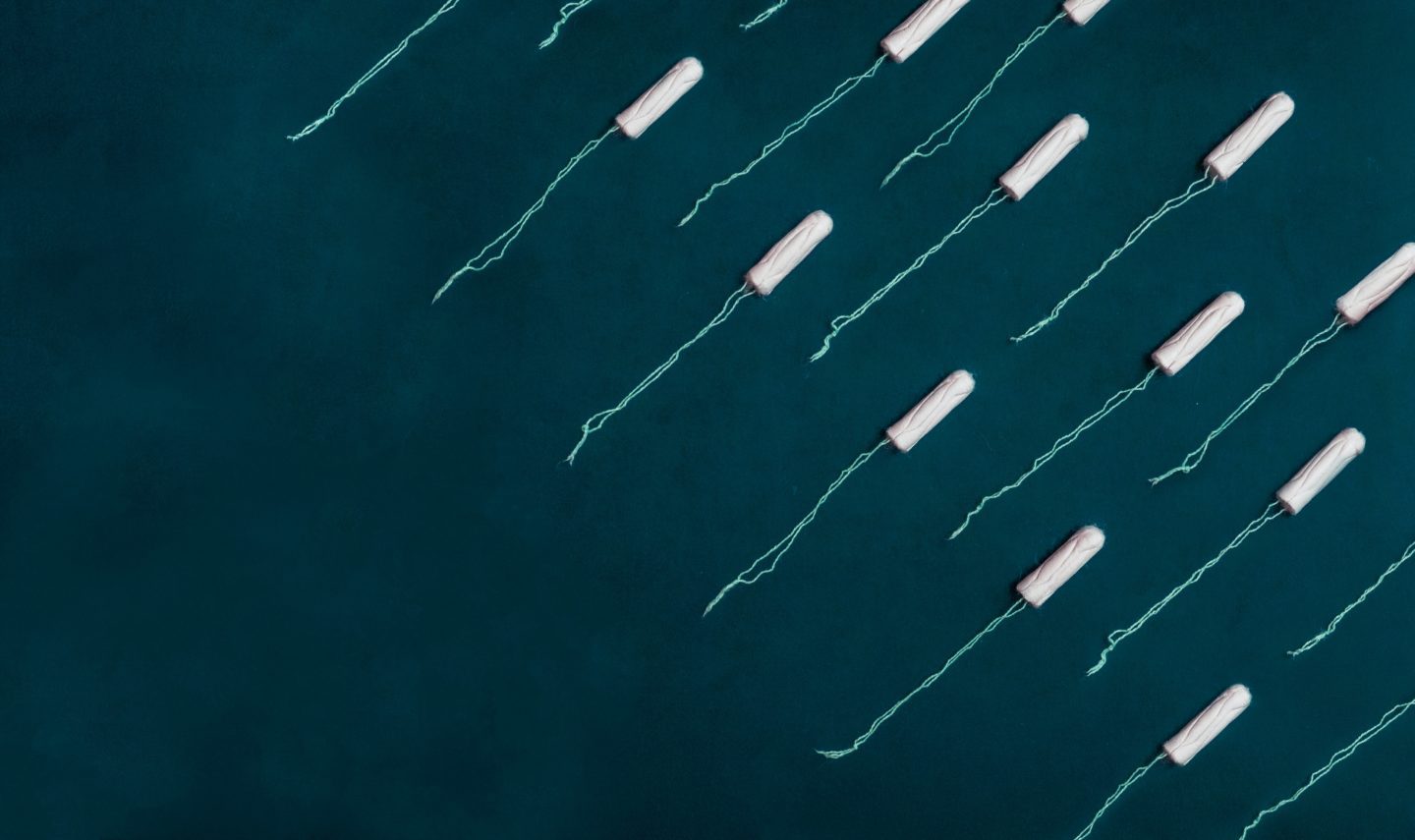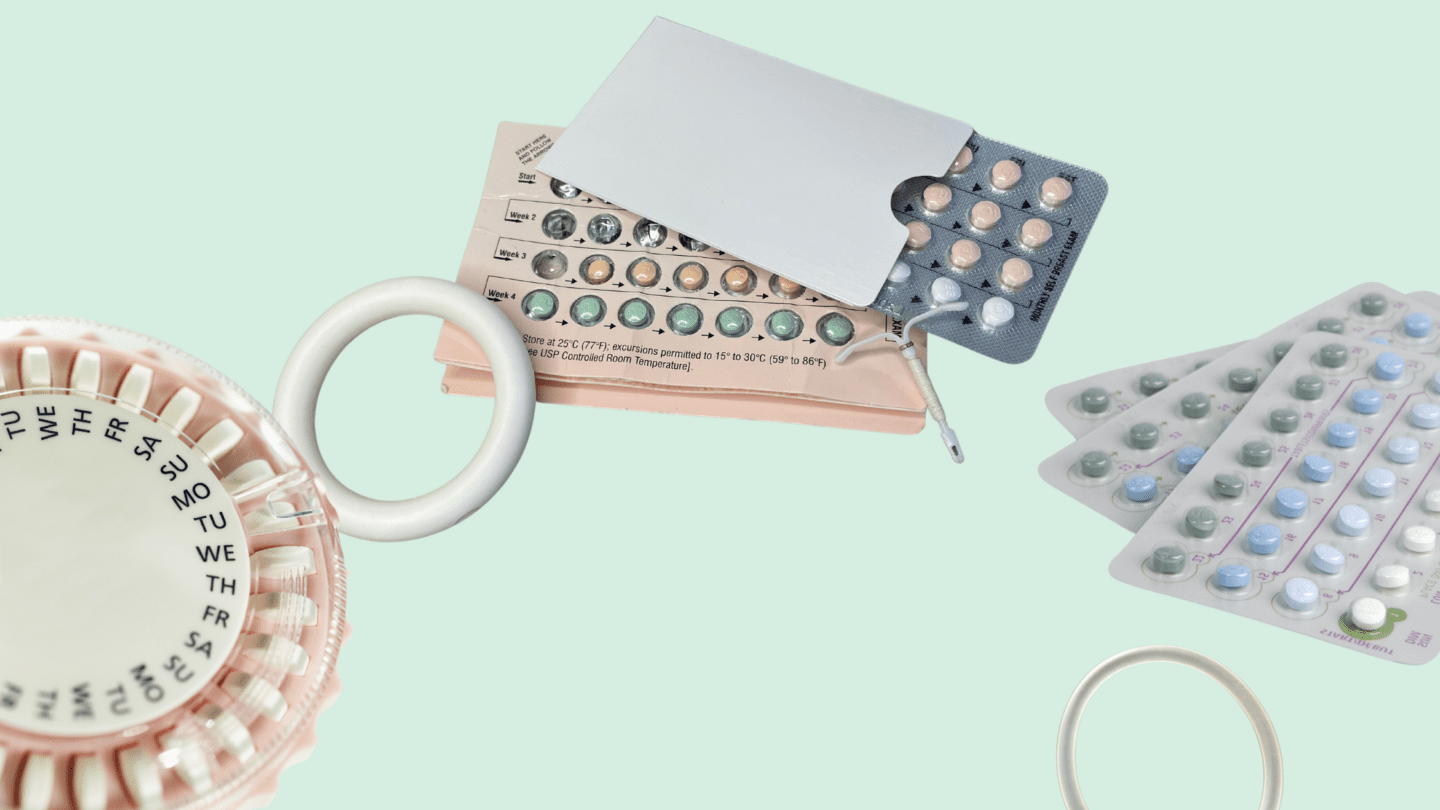Periods mean a lot more than bleeding once per month. For many people, they also bring on painful cramps, mood swings, migraines, and other disruptive symptoms.
Hormonal can be an effective way to alleviate many of those unpleasant side effects. Methods like the pill, IUD, and implant are known to make periods shorter and lighter, which in turn can mean less cramping, mood swings, or whatever negative experiences typically come around that time of the month.
And for some, skipping periods altogether can provide much-needed relief from menstrual symptoms. It can be a huge help for people with dysmenorrhea and other painful conditions, though the reasons why people skip their periods vary widely.
Not every type of will allow you to skip your period on demand.
Not every type of will allow you to skip your period on demand. Here’s how to do it, what happens to your body in the process, and how to determine if opting out of a monthly bleed is the right option for you.
How do you skip your period on ?
While many methods can cause lighter or absent periods, the most intentional way to skip your period is by taking the pill on a specific regimen.
Known simply as “the pill,” these medications use a combination of the hormones and to prevent pregnancy. They stop your body from releasing eggs, and also thicken cervical mucus to make it harder for sperm to reach an egg if one were to be released.1
Normally, combined oral contraceptives are taken on a 28-day cycle, with 21 active days and a week. Some prescriptions come with a week of inactive pills for the placebo week, while others instruct you to wait a week before starting the next pack of pills. During the week, you experience a drop in hormones and typically get your period.
Like what you’re reading? Get the latest straight to your inbox 💌
To skip your period on the pill, you simply skip the week. That means you continuously take active pills in what’s called a continuous cycle.2 Some people also do an extended cycle of 84 days (12 weeks) of active pills followed by one week.
The continuous cycle is similar to how people take the mini pill, which is a slightly different type of oral contraceptive that contains only and no . Mini pills don’t have a week, which often leads to light or absent periods. But since there is no in the mini pill, it doesn’t always guarantee that you will skip your period entirely.3
What are the benefits of skipping your period on ?
There are several upsides to opting out of your monthly period. People do it for a variety of reasons, but these are some of the most common:
- Symptoms. To alleviate painful cramps, headaches, acne, or heavy bleeding that come with menstruation. People with dysmenorrhea (cramps) can find considerable relief from skipping periods.4
- Convenience. You don’t have to plan for a monthly period if you intentionally skip it. This can be an especially big help if you often have a heavier flow.
- Money. The lack of a period also means you don’t have to spend money on supplies like pads and tampons. Over time, the cost really adds up!
Some people on still choose to have a period for the sake of “normalcy.” Getting a period every month can be important for one’s sense of identity and routine.4 But it’s definitely not necessary, and your experience on should be dependent on your personal needs and preferences.
Is adyn right for you? Take the quiz.
Is it bad to skip your period on ?
As far as scientists and doctors know, there are no unique downsides to skipping your period on .5-6 Studies have shown that the risk of adverse effects on combined oral contraceptives is the same among people who stick to the classic regimen compared to those who opt for a continuous cycle.5
Efficacy rates are also the same across different pill cycles.6 And if you’re planning to eventually become pregnant, skipping your period on the pill does not affect your ability to conceive after you stop taking it.7
Whether or not you choose to have a period when taking combined oral contraceptives is strictly personal preference. If you opt for a period, it’s not going to be the same as the one you have when you are not on , anyway. That’s because your body is responding to an artificial drop in hormones during the week, rather than the absence of an implanted egg in the .6 (Technically, a period on isn’t a period at all, but a “withdrawal bleed.”)
And if you choose not to have your period, your won’t get “backed up” when it doesn’t shed its lining every few weeks.6 Occasional bleeding is normal during continuous pill cycles, because your sometimes sheds when it needs to.
Are there side effects to skipping your period on ?
Irregular bleeding is normal when skipping your period on , and it tends to fade over time.8 Otherwise, the side effects for taking the pill on a continuous cycle are very similar to the 28-day cycle.
In one scientific review, researchers found that people taking combined oral contraceptives on an extended cycle experienced less menstrual symptoms than those on the 28-day regimen. These included less headaches, nausea, acne, and cramping.6
However, the usual risks apply with combined oral contraceptives, regardless of what cycle you choose. If you have high blood pressure, smoke regularly, or recently gave birth, you have a higher risk for adverse events such as strokes and heart attacks when on the pill.3
Make sure you discuss with a doctor if you are considering combined oral contraceptives or are simply looking for a way to lighten up your periods.
There are many options available, and your individual needs and health conditions will determine which one is best for you.
-
- Rogers, Kara. “How Do Birth Control Pills Work?” Britannica (N.D.: Last accessed 2023 Jan 25).
- Anderson, Leigh Ann (Ed.) “Birth Control Pills – Periods.” Drugs.com (2022 Apr 26; Last accessed 2023 Jan 25).
- Cooper, Danielle B., et al. “Oral Contraceptive Pills.” StatPearls [Internet] (Updated 2022 Jan; Last accessed 2023 Jan 25).
- Sulak, Patricia J., et al. “Acceptance of altering the standard 21-day/7-day oral contraceptive regimen to delay menses and reduce hormone withdrawal symptoms.” American Journal of Obstetrics and Gynecology 186.6 (2002): 1142-1149.
- Tweedt, Ali. “Using Birth Control to Regulate or Skip Your Period.” National Women’s Health Network (2017 Aug 24).
- Edelman, Alison, et al. “Continuous or extended cycle vs. cyclic use of combined hormonal contraceptives for contraception.” Cochrane Database of Systematic Reviews 7 (2014).
- Davis, Anne R., et al. “Occurrence of menses or pregnancy after cessation of a continuous oral contraceptive.” Fertility and Sterility 89.5 (2008): 1059-1063.
- Miller, Leslie, and Jim Hughes. “Continuous administration of 100 μg levonorgestrel and 20 μg ethinyl estradiol: A randomized controlled trial.” Obstetrics & Gynecology 99.4 (2002): 25S.








